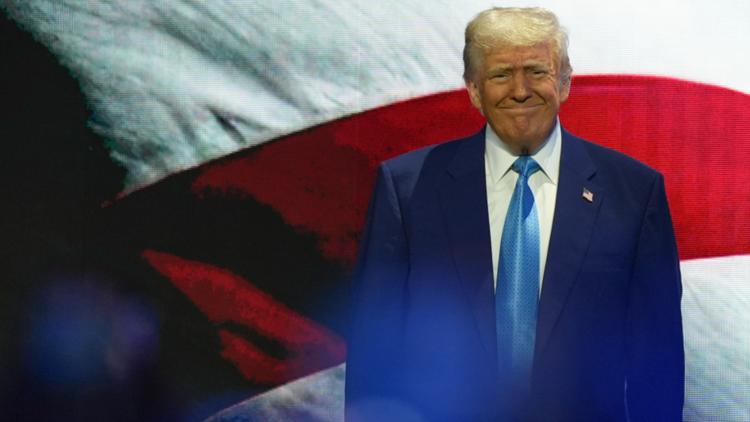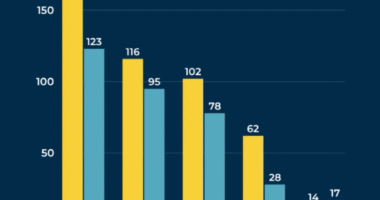
People in the country illegally generally do not qualify for taxpayer-funded benefits except for emergency medical care.
President Donald Trump has taken action to eliminate federal benefits for individuals residing in the United States without legal status, according to the White House. This decision is part of a series of measures implemented by the President to tighten regulations on immigration.
The White House’s directive aims to terminate all government-funded benefits for undocumented immigrants, although the specific benefits to be affected have not been specified. Generally, individuals without legal status are ineligible for benefits, except for emergency medical assistance. Additionally, children are guaranteed access to free public education from kindergarten to 12th grade regardless of their immigration status, based on a Supreme Court ruling from 1982.
The order highlights a 1996 welfare reform that restricts most public benefits for undocumented individuals. It acknowledges that this law has been gradually eroded over time. The Trump administration’s criticism of the previous administration’s actions over the past four years suggests that significant taxpayer resources have been misallocated due to the undermining of this law.
Trump’s words appear directed at former President Joe Biden’s extensive use of parole authority to allow people in the country temporarily, including more than 900,000 through an online appointment app called CBP One used at border crossings with Mexico and more than 500,000 Cubans, Haitians, Nicaraguans and Venezuelans who flew to the U.S. at their own expense with a financial sponsor. Trump immediately ended both programs.
Biden also granted parole to nearly 300,000 people from Ukraine and Afghanistan.
People granted parole for at least a year are considered “qualified non-citizens,” making them eligible for some income-based benefits, but only after five years. They include Medicaid and the Children’s Health Insurance Program, which provides coverage to children in families that earn too much money to qualify for Medicaid, according to the U.S. Centers for Medicare and Medicaid Services.
Some states have shortened the five-year wait.
Trump’s order appears to have other targets, some already subjects of earlier edicts and Justice Department lawsuits. It directs all departments and agencies to identify federal benefit spending that is inconsistent with the 1996 welfare law. It also seeks to ensure that state and local governments are not using federal funds for policies that support “sanctuary” policies or encourage illegal immigration.
Trump signed 10 executive orders on immigration on his first day in office. They included ending automatic citizenship for people born in the United States and asylum at the southern border. The birthright citizenship order has been temporarily halted in court.

















